Índico Conferences

Importance of the SDGs in organizations
The managing director of LAM – Mozambique Airlines, João Carlos Pó Jorge, challenges national companies and organizations to invest in achieving the Sustainable Development Goals (SDGs) with a view to a more sustainable economy.
Speaking during the first edition of the Índico Conferences, under the theme: “SDGs and ESG Indexes in Mozambique: Challenges and opportunities for national companies and organizations”, recently held by Índico, LAM’s on-board magazine, the manager explained that at a time in which the country has been facing several climate disasters, the SDGs must serve as institutional DNA in order to align the economy with a sustainable environment.
Advertising
Pó Jorge said that, in aviation, last year, during the General Assembly of the International Civil Aviation Organization (ICAO), it was decided to embark on a net zero commitment by 2050.
“And it was the first time in aviation that such a long-term objective was given. But I think this is the biggest challenge we have, because these are bold steps we are going to take and I think we need to change the DNA for future generations to have a country, a sustainable planet”, he highlighted.
The objective of net zero, he explained, has to do with the country’s decision to reduce the ambient temperature. These are objectives that force us to completely change what aviation is. “Everything is going to change, so it’s worth embarking on this. It is not an option, it is already an obligation we have towards the world. Therefore, I encourage debates to draw some lessons so that, in the future, we can align our companies’ strategy with this sustainable development”, he added.
Government about ODC

“There is still a long way to go”
The deputy minister of Transport and Communications, Amilton Alissone, at the opening of conference, began by praising and highlighting the importance of Índico Magazine, in the country’s socio-economic development process. “This complements the brilliant work that it has been developing for more than 30 years of its existence, as an in-flight magazine of our flag company, Mozambique Airlines (LAM)”, praised the vice-minister.
Advertising
Regarding the debate, the minister explained that Mozambique and the world are committed to implementing the Sustainable Development Goals (SDGs) established in the United Nations 2030 Agenda. “Despite notable progress in the economic, social and environmental fields, there is still a long way to go”, he stressed, highlighting that, in Mozambique, the commitment of several public and private companies and organizations is notable, from the financial to the productive sector, in order to promote the country’s development based on sustainable growth in compliance with the criteria established by the United Nations”.
According to Alissone, as stated in the indexes defined by the United Nations on SDGs, sustainable development must be seen in its entirety, encompassing, in addition to the environmental component, factors such as social and economic stability, as well as the formulation of public policies. Therefore, “as a Government, we reiterate our commitment to continue implementing reforms to promote sustainable development within the framework of fulfilling the United Nations 2030 Agenda, of which Mozambique is an integral part and active actor”.
Sustainability and environmental protection

Mozambique has taken significant steps, but there is still a lot to do especially when it comes to access to financing for the development of sustainable and social inclusion initiatives.
Speaking in Maputo, in the first edition of the Índico Conferences called “SDGs and ESG Indexes in Mozambique: challenges and opportunities for national companies and organizations”, more specifically in the panel on “Pathways for Sustainable Development”, the director of Innovative Financing at Foundation for Biodiversity Conservation (BIOFUND), Sean Nazerali, said that biodiversity is fundamental for economic growth, stressing that it is aligned with the development of large cities, as it helps to eradicate poverty. “No objective is achievable in a scenario where the environment is unsustainable. Natural resources are a source of income and are of great importance. We have to improve the state of conservation and invest in sustainability”, he explained.

According to Nazerali, incentives must be created, through the provision of accessible bank credit so that companies can act in the environmental sector, and promote practices that help in the conservation of resources, just as investments cannot end in natural gas and exploration of heavy sands.
“You can’t breathe natural gas, you can’t eat titanium. In this sense, we must seriously invest in biodiversity”, he stressed.
Sharing the same opinion, the CEO of HIMPACT and Chief Sustainability Officer of Hemera Capital Partners, Sidney Magalhães, stressed that priority should be given to initiatives that impact the SDGs, highlighting that “when we enter into harmony, the environment produces as it should and creates bases of support for families.”
“Integrated actions are needed from several public and private companies and organizations, operating from the financial to the productive sector, in order to help Mozambique achieve the Sustainable Development Goals outlined by the United Nations”, he said.

The general secretary of the Chamber of Commerce of Mozambique (CCM), Teresa Muenda, also understands that “we are committed to satisfying our current needs, without compromising the ability of future generations to also find in these resources the satisfaction of their own needs”.
Sustainable development, he thinks, requires us to assume commitments and responsibility to promote conditions and models of social and economic life that ensure the sustainability of present and future generations.
Advertising

In this regard, the member of the executive board of Commercial Bank of Investments (BCI), Rogério Lam, explained that as a way for that institution to make its contribution to the SDGs, “there is a line of credit aimed at the management of renewable waste, but with subsidized interest rates”. Furthermore, “there are other partnerships that BCI has and products that we have been developing that reflect its commitment to the sustainability component”.
In turn, the director of systems planning and engineering at Mozambican Electricity Company (EDM), António Munguambe, said that in terms of the SDGs, the company is currently developing an energy transition strategy. “There is a series that EDM is developing regarding the diversification of the energy generation matrix. We are bringing to our system the implementation of a new renewable energy matrix”, reiterated Munguambe.
Urgency Index Urgency
The term ESG (Environmental, Social and Governance) is literally something new to the dictionary of most Mozambicans. But its implementation is almost imperative, considering that it is crucial to achieving the much-vaunted sustainable development.
According to Luís Magaço, the chairman of the board of directors of the Association of Commerce, Industry and Services (ACIS), an association that brings together more than 600 companies, there is still a lack of production or publication of reports on the implementation of ESG by some of the large companies operating in Mozambique. “In general, these companies do not publish reports on ESG. However, small and medium-sized companies, despite the difficulties, are fulfilling part of their obligations on this topic”, he highlighted.
Advertising
Also for this reason, one of the actions that this association carries out by its members is the promotion of ESG with a view to identifying and raising awareness among companies on this topic.
In turn, the director of the Non-Life Insurance subscription department and representative of the Mozambican insurance company (Emose), Titos Ernesto Gemo, considers the implementation of ESG as a commitment to a better life for all, highlighting the need to invest in educational campaigns to raise awareness among companies about the positive impacts of adopting ESG. “We offer products that prioritize health, the environment and safety at work”, considered Gemo.
The representative of ECP – Sustainability and Development, Açucena Paul, understands that ESG are seen as an “arm” of financial sustainability, highlighting that its basis is old, as this topic has undergone variations in designation over the years. “Although it is not a new term, there is now a certain urgency for its implementation,” said Paul.
Edição 81 Out/Nov/ Dez| Download.



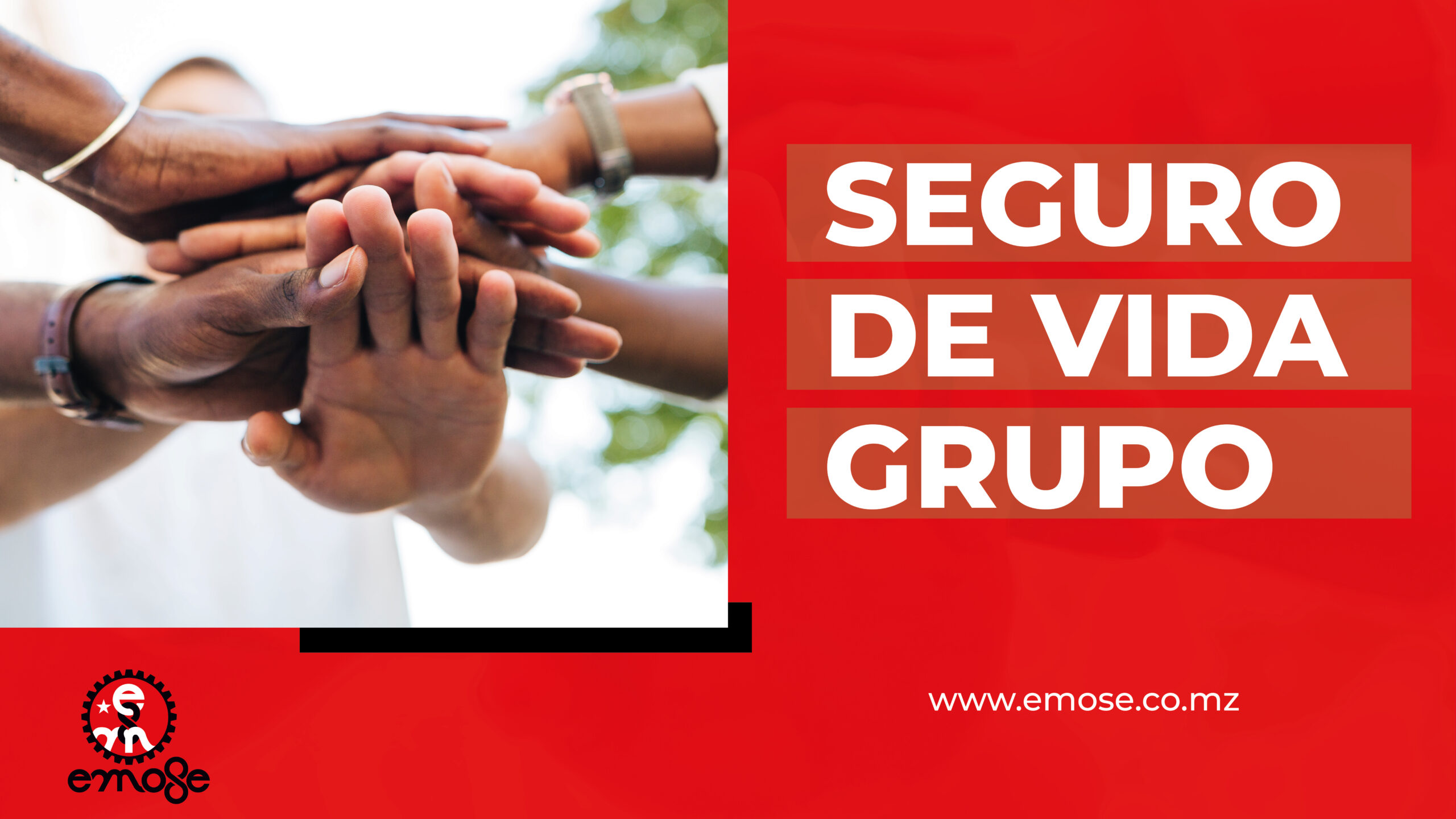

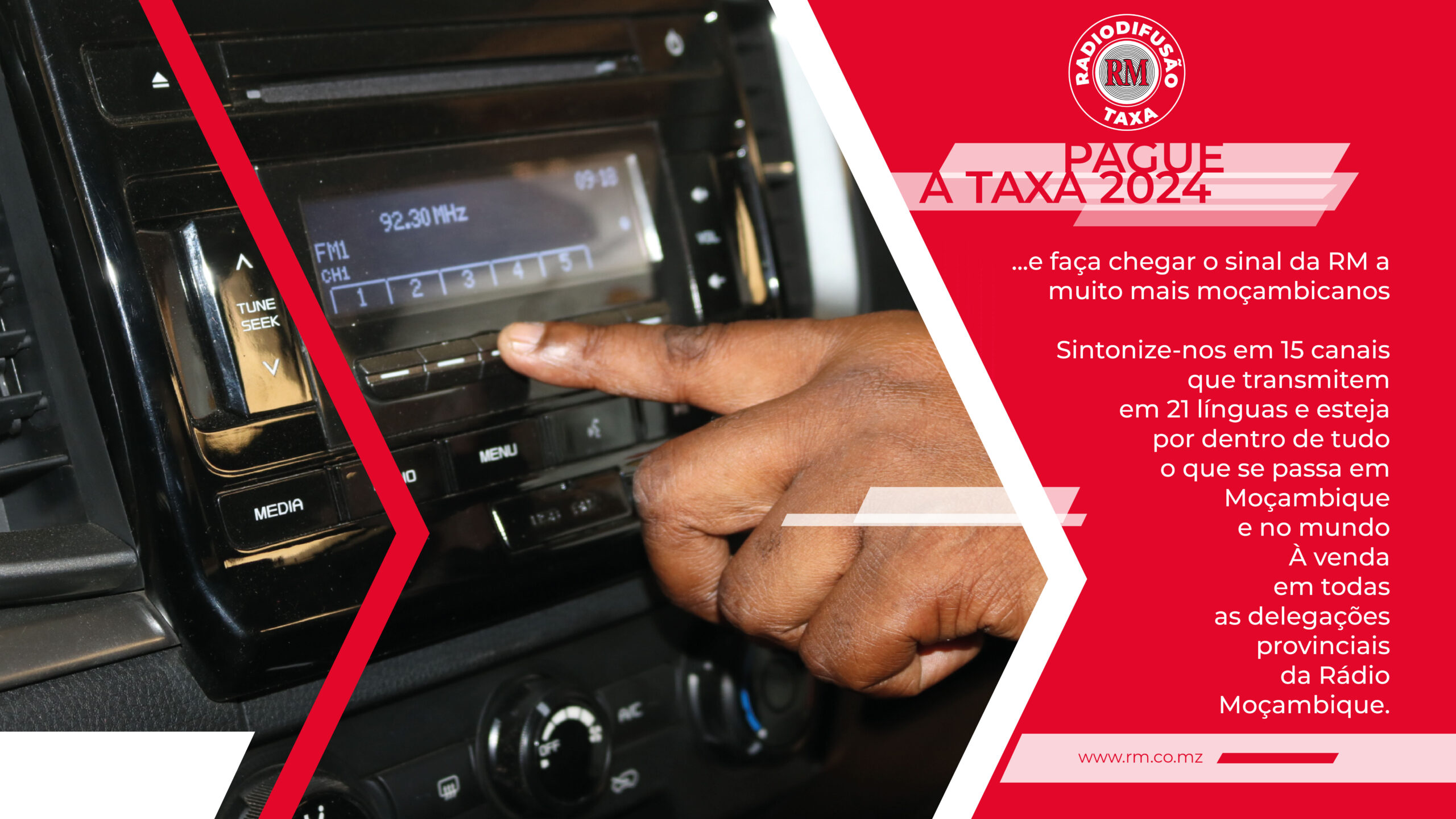
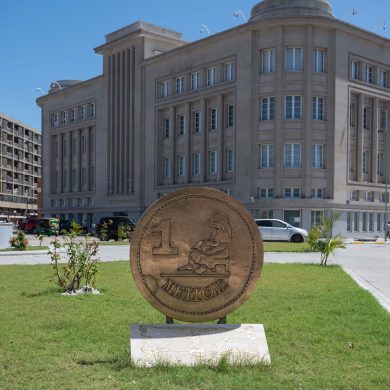
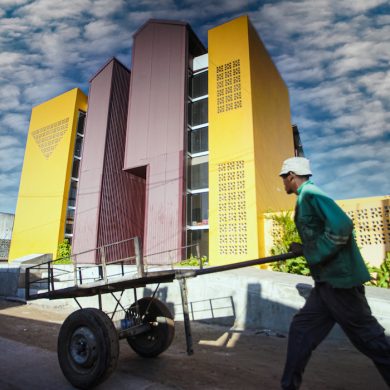
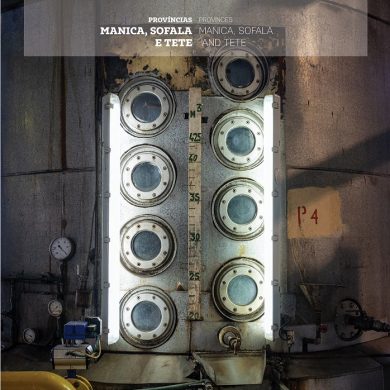

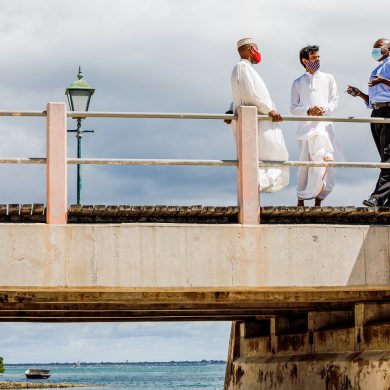

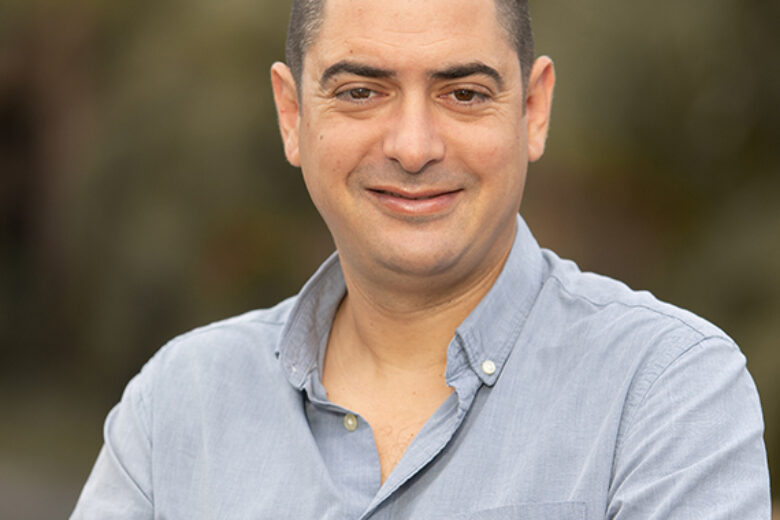







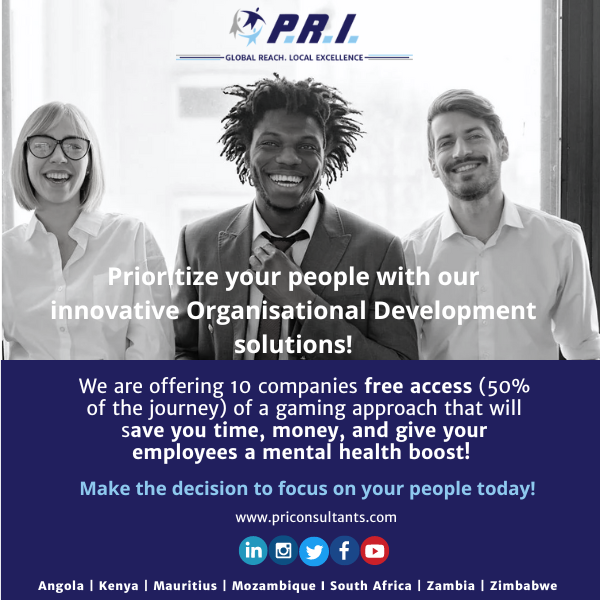









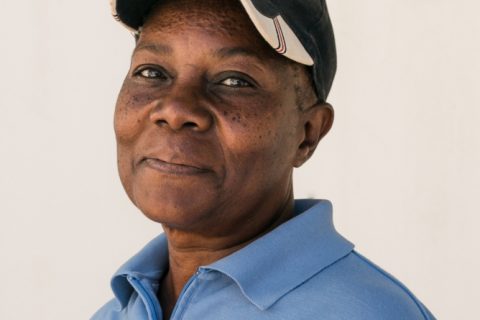







0 Comments